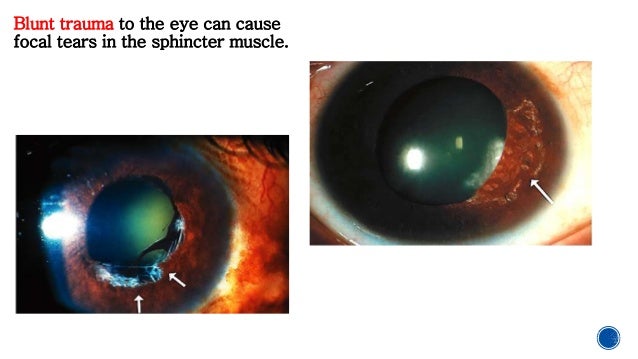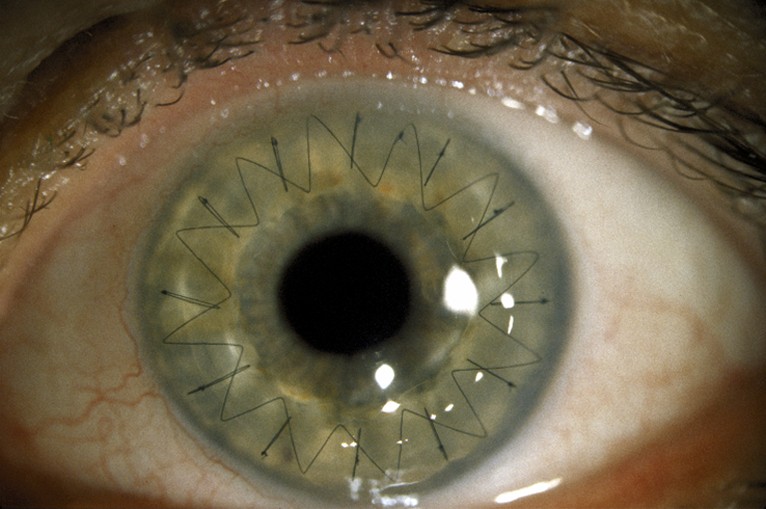

The scientists designed the front profiles by measuring with wavefront sensors exactly how light enters the subjects' eyes through the misshapen cornea. The custom-designed lenses, on the other hand, have irregular front surface profiles designed to correct for specific aberrations of the cornea and crystalline lens.

Corrections with the custom lenses resulted in an average improvement of 2.1 lines in visual acuity, or from 20/48 to 20/29, over the use of the conventional defocus and astigmatism corrections alone.Ĭonventional soft contact lenses do not work for keratoconic eyes, as they merely conform to the conical cornea shape. They compared vision with the custom-designed soft lenses to vision with conventional lenses and rigid gas permeable lenses, or hard contact lenses. The scientists tested several designs of custom lenses on the subjects' eyes for both high-contrast and low-contrast visual acuity. And with the corneal transplant, there is a rejection rate."Īll three subjects reported their vision significantly improved with the custom-designed soft contact lenses. The only available treatment is to wear hard contact lenses or corneal transplant with a donored cornea if the disease is severe. They can't take laser vision correction because they have a very thin cornea around the apex, so it's not an option. "These people have problems so severe, they can't tolerate glasses. "The condition shows up in a relatively small population, but it causes huge optical problems," says Geunyoung Yoon, assistant professor in the Departments of Ophthalmology and Biomedical Engineering, the Center for Visual Science, and the Institute of Optics. About 1 in 2,000 people suffer from the disease, usually in both eyes. The apex shift from visual axis in the cornea causes people with the condition to see halos and double and triple images. From the side, the eyes look more pointed or cone-shaped than round. University of Rochester researchers describe the custom design techniques and results of visual acuity tests in a paper published in April in Optics Letters. Geunyoung Yoon (PHOTO CREDIT: University of Rochester)Ĭustom-designed contacts improved vision for subjects with keratoconic eyes and offer hope of nonsurgical treatment instead of corneal transplants.


 0 kommentar(er)
0 kommentar(er)
